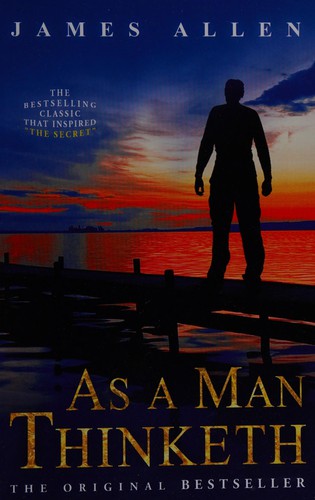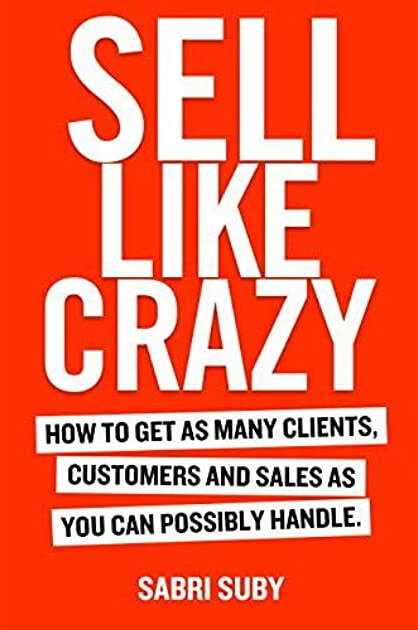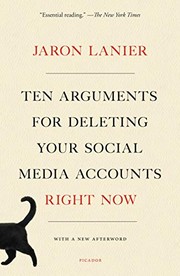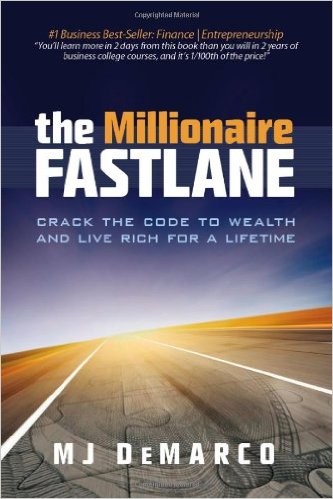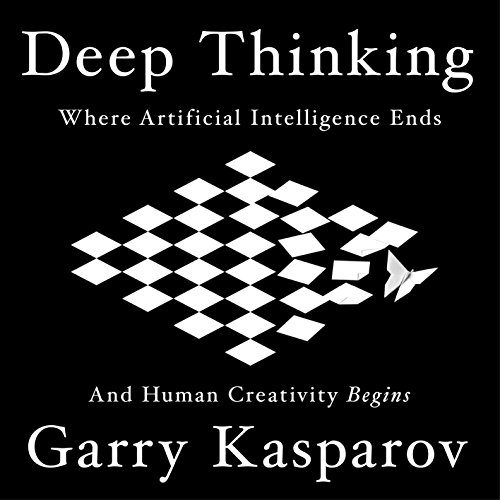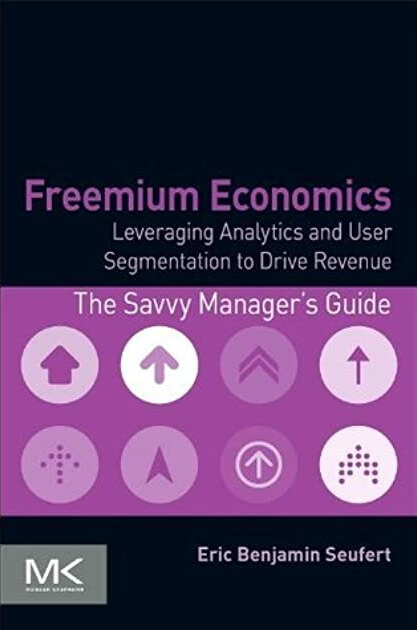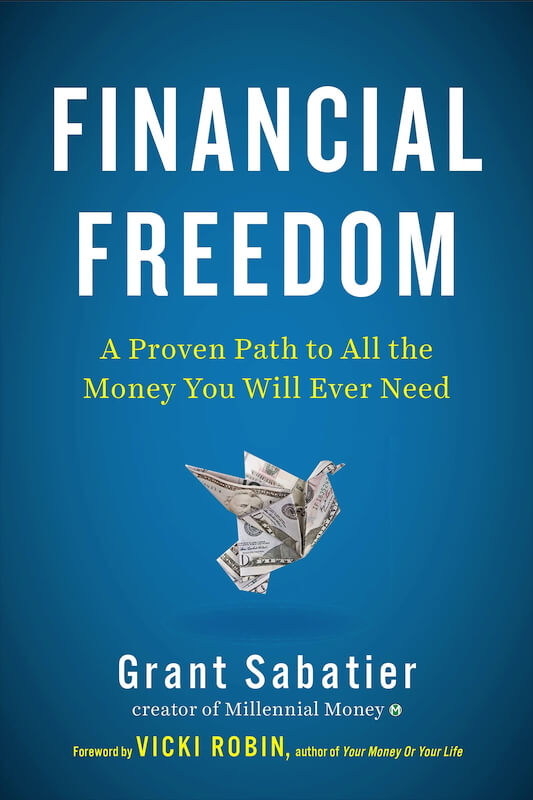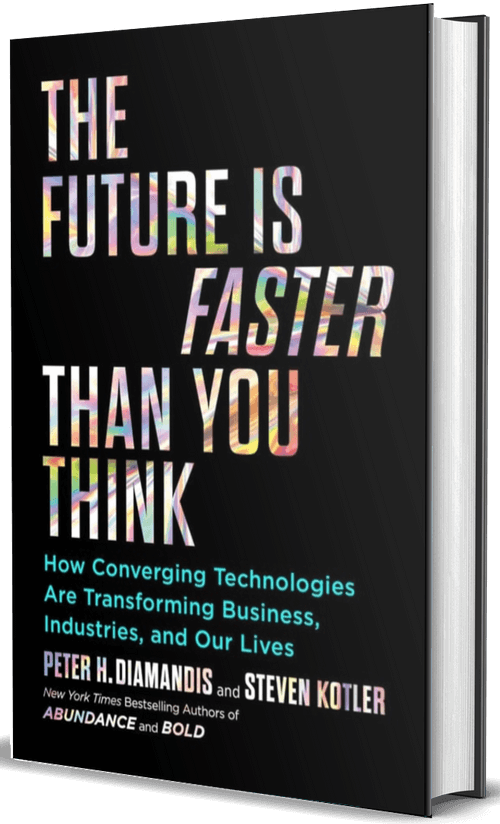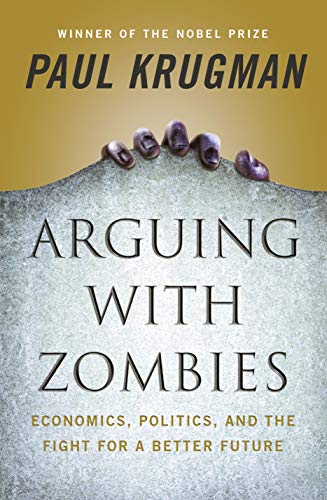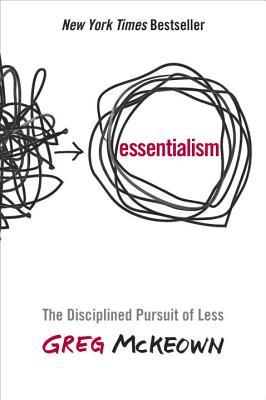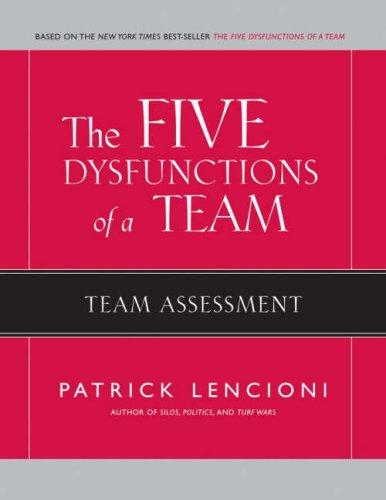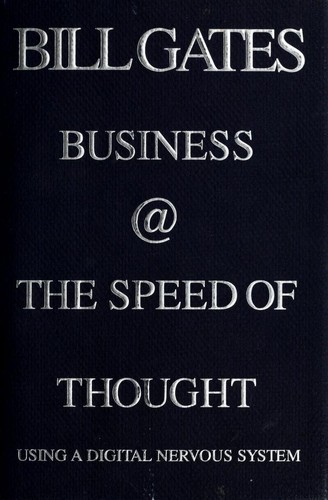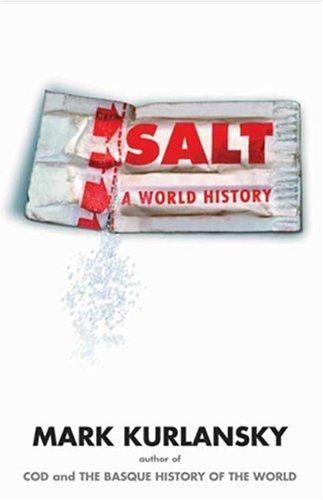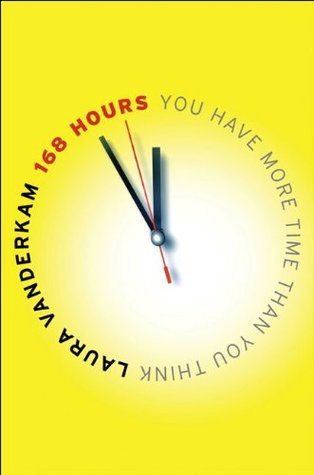InfiniteSummaries reviewed As a man thinketh by James Allen
Basic idea has merit
3 stars
[My review of the WikiSummaries and Four Minute Books summaries]
Oh, boy! I'm really working hard for you guys now! This is my first lazy-ass review where I'm summarizing TWO different summaries of the same book! Maybe this will give me a better sense of the book and whether it's worth our time to read whole the book. (Basically, any books that earn five stars are on my shortlist of books I want to read for real. Three- and four-star books are also worth reading or skimming, depending on your interest.)
As A Man Thinketh was published in 1903. It's less than 50 pages long, so it's a short read. Notice I didn't say "easy read". I skimmed some of the pages in the actual book. The writing style is outdated and a bit clumsy.
Apparently this book was one of the ancestors of that whole "The Secret" and "The …
[My review of the WikiSummaries and Four Minute Books summaries]
Oh, boy! I'm really working hard for you guys now! This is my first lazy-ass review where I'm summarizing TWO different summaries of the same book! Maybe this will give me a better sense of the book and whether it's worth our time to read whole the book. (Basically, any books that earn five stars are on my shortlist of books I want to read for real. Three- and four-star books are also worth reading or skimming, depending on your interest.)
As A Man Thinketh was published in 1903. It's less than 50 pages long, so it's a short read. Notice I didn't say "easy read". I skimmed some of the pages in the actual book. The writing style is outdated and a bit clumsy.
Apparently this book was one of the ancestors of that whole "The Secret" and "The Law of Attraction" gibberish. From what I understand of that stuff, if you "manifest" (i.e. visualize) a pot of gold, then one day you'll be walking down the street and see the Lucky Charms leprechaun. You then "manifest" an image of you shanking his ass and grabbing his pot of gold. The next thing you know, you'll have a pot of gold and a bloody corpse to dispose of. That's exactly how it works. Trust me.
I didn't see any notions of "wish and you shall receive" in this book. (It's possible that that stuff is in the actual book, but you don't pay me, so I'm only reviewing the summary.) It does require good thoughts and behavior on your part, but there's no indication that you'll need to carry a small knife.
The basic idea behind this book is that your internal attitude about life colors how you interpret and react to the people and things around you. If you expect things to turn out badly, you might give up earlier than someone else, for example.
Your attitude and how you react to the people around you also affects how other people react to you. Life goes easier if you're easy to be around. If you're a sourpuss like me, you'll scare off people, opportunities, and leprechauns.
You can read the book yourself at WikiSource or Project Gutenberg: en.wikisource.org/wiki/As_a_Man_Thinketh www.gutenberg.org/ebooks/4507

